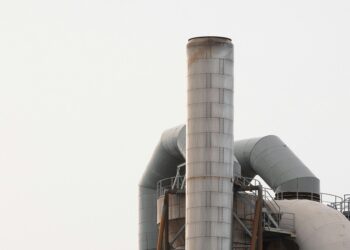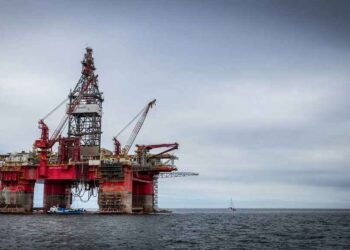The American Bureau of Shipping (ABS) has introduced a detailed technical advisory and two new notations for floating production, storage and offloading (FPSO) units and floating production units (FPU) operating in Brazilian jurisdictional waters.
ABS claims that the guidelines serve as the industry’s most comprehensive support package for offshore operators in Brazil, where the regulatory environment is very complex.
The ‘ABS Practical Considerations for Regulatory Compliance in Brazil’ provides detailed guidelines on navigating the regulatory environment in the country.
The two new notations, namely the BRZ and BRZ+ notations, provides owners, operators, designers, and shipyards with a construction-focused approach in order to help achieve compliance with domestic regulations for FPSOs and FPUs operating in Brazil.
As part of the BRZ notation, basic physical requirements to be implemented in the design and construction stages of the floating facility project will be covered.
The BRZ+ notation, according to ABS, expands the coverage of requirements.
It also includes a larger set of regulations from several agencies to assist clients through the development phase of the project.
ABS Global Offshore senior vice-president Matt Tremblay said: “Brazil operates a complex regulatory regime with multiple agencies involved. As the leading classification organization for offshore operators in Brazil, with the largest fleet of FPSOs, no one is better qualified than ABS to assist in navigating the compliance environment for operating in Brazilian Jurisdictional Waters.
“ABS has built a strong relationship with all Brazilian regulatory authorities and operators.
“We have developed a deep understanding of the wide array and complexity of local regulations, resolutions and standards for operating in Brazilian Jurisdictional Waters, allowing us to help clients understand and successfully apply these standards during the Class process.”
Last month, ABS partnered with public health officials and launched a comprehensive guidance on sanitising and decontaminating to maintain the safety of vessels and offshore assets potentially exposed to Covid-19.



















































